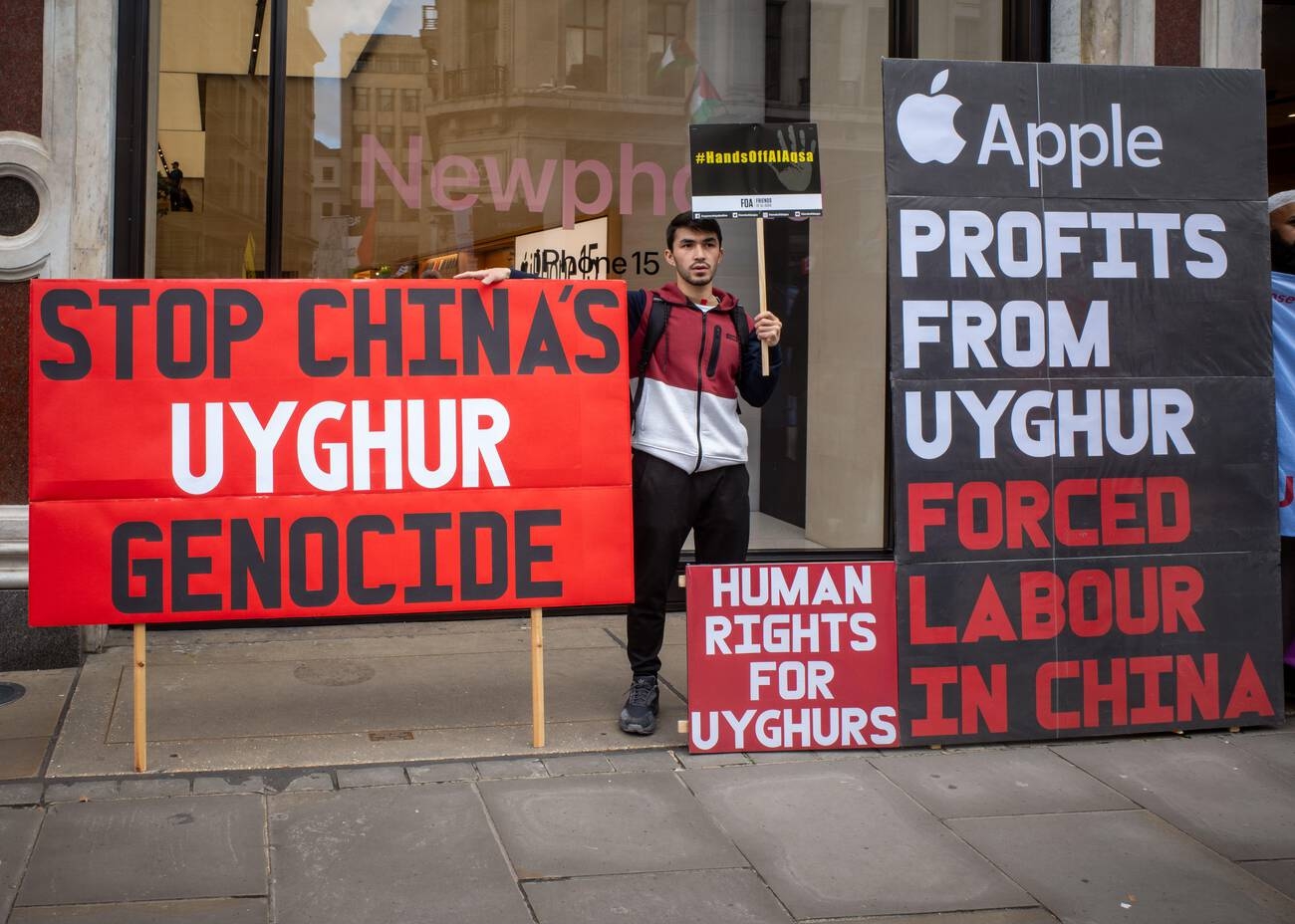Human Lives Human Rights: A landmark law banning child marriage in Colombia marks a big step in protecting children’s rights. Colombian President Gustavo Petro has enacted Law 2447 of 2025, officially prohibiting child marriage and early unions for minors under the age of 18. This historic legislation follows a ruling from the Constitutional Court that upheld the ban, aligning with international conventions designed to protect children’s rights.
Colombia bans child marriage to protect vulnerable girls and combat modern slavery
Child marriage is a key driver of modern slavery in Colombia, disproportionately impacting girls from minority backgrounds. Harmful cultural practices, gender inequality, and restricted economic opportunities for women all contribute to the risks associated with child marriage. According to Walk Free’s latest Global Slavery Index, an estimated 397,000 individuals in Colombia are living in conditions of modern slavery, translating to approximately 7.8 people for every 1,000 individuals in the nation. Colombia ranks as the fifth highest in terms of modern slavery prevalence in the Americas, trailing only Venezuela, Haiti, El Salvador, and Guatemala.
Addressing the root causes of child marriage is critical, especially as Latin America and the Caribbean exhibit the world’s second-highest rates of adolescent pregnancies. In Colombia, the rates of child marriage have stagnated over the past 25 years, mirroring troubling regional trends. From 2022 to 2023, more than 4,400 pregnancies were recorded among Colombian girls and young women, with nearly 60 percent involving girls aged 10 to 14, often with adult men—a form of severe sexual violence.
Child marriage and early unions predominantly affect children and young people from low socio-economic backgrounds, particularly within Indigenous, Afro-descendant, Raizal, and Palenquero communities located in rural areas across 13 of Colombia’s 32 departments.
As part of Law 2447, Colombia is set to implement a national program known as ‘Life Projects for Children and Adolescents’. This initiative aims to prevent child marriage while also providing support for survivors. The law mandates awareness campaigns in high-risk regions to educate communities about the dangers and harms associated with child marriage and early unions.
The Constitutional Court’s ruling reaffirmed that child marriage is a violation of constitutional rights, aligning with international agreements such as the Convention on the Elimination of All Forms of Discrimination Against Women and the Convention on the Rights of the Child.
The enactment of this law stands as a significant victory for child protection in Latin America, showcasing the power of grassroots activism and collaboration among various political factions. Female leaders, feminist organizations, and Indigenous advocates played a crucial role in bringing this pressing issue to national attention. Colombia’s ban on child marriage not only reinforces the country’s commitment to safeguarding children’s rights but also serves as a pivotal step in the fight against modern slavery.


















